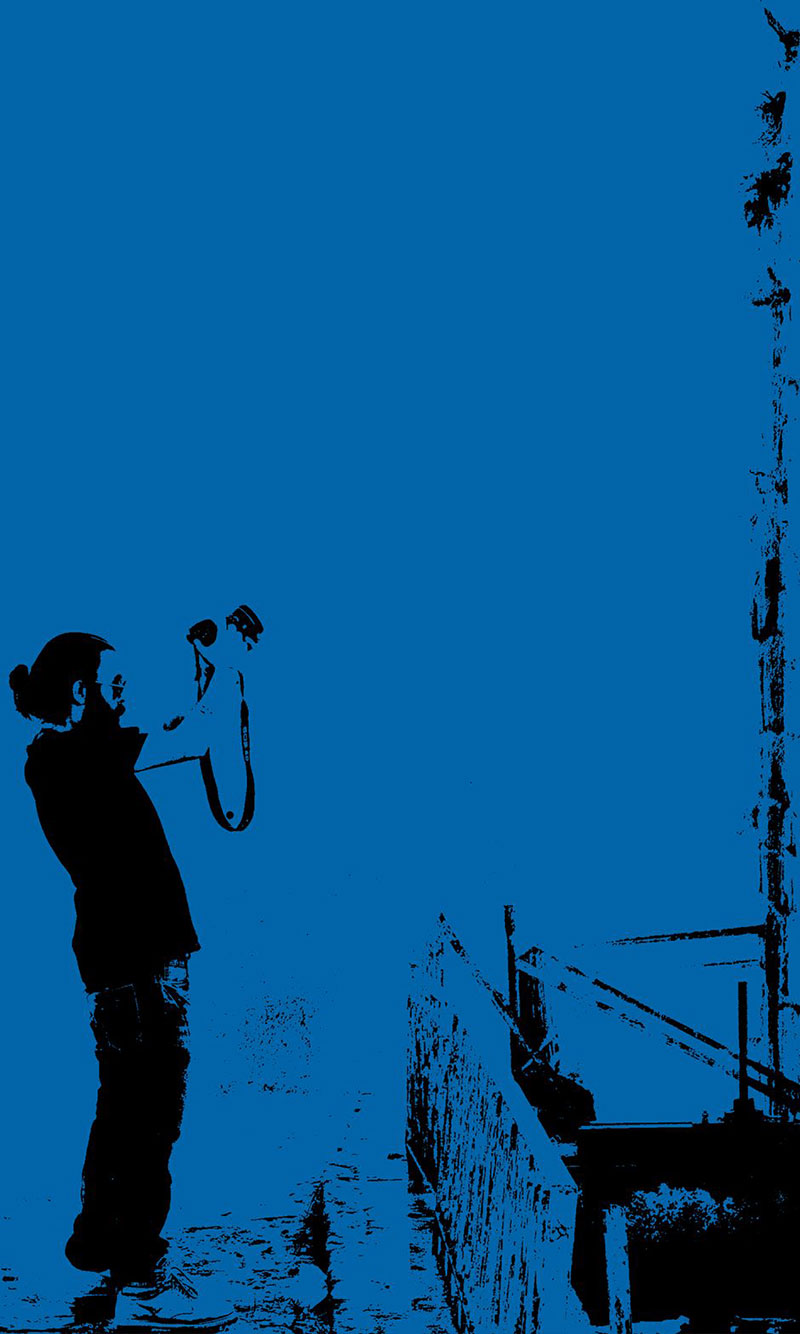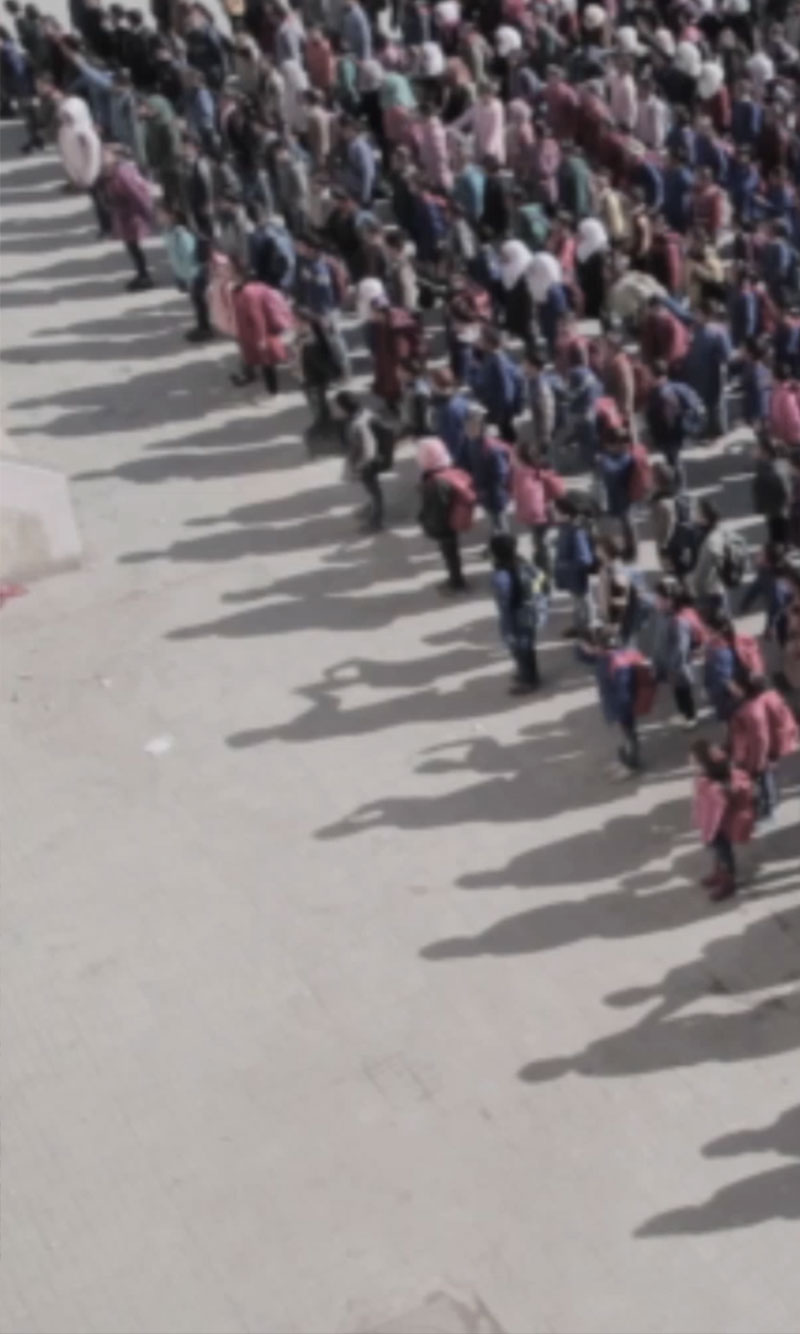"The Tunnel": From Passage to Shelter Amid Displacement
By Fouad Massadeh – Al-Thawra Newspaper
Published: 29 May 2013
The documentary film “The Tunnel” focuses on the humanitarian and social repercussions of the ongoing Syrian crisis. Central to the film is the issue of internal displacement, now a harsh reality for many Syrians.
Running for 25 minutes, the film is directed and shot by Simon Samir Safieh, with editing and graphics by Ibrahim Hesham Malhem and Ayham Saleh, and produced by Poor Film in cooperation with the Tartous Film Club and Tartous Now website. It was shot entirely with a Canon 600D camera, without the use of any lighting or microphones. The film is set to premiere at the Cultural Center in Tartous on Thursday at 6 p.m., coinciding with the 32nd anniversary of the founding of the Tartous Film Club.
Speaking about the film’s themes and goals, director Simon Safieh said:
“The film documents the lives of internally displaced Syrians – a reality I feel compelled to engage with. As a filmmaker searching for meaningful stories, I visited various refugee shelters across Syria. I found in Tartous a particularly striking subject: 20 families living in an underground tunnel along the city’s coastal corniche. The film does not attempt to portray every aspect of their lives, but instead captures some of the most difficult experiences I encountered. Interestingly, I did not come across a single family living in a tent.”
Who are the protagonists of the film?
“There is no single protagonist or linear narrative. Rather, the film tells multiple stories through different individuals — recounting their lives before the crisis, how it changed them, and their journey to this tunnel in Tartous. These people came from different provinces and ages. Some appear on camera, others avoid it, fearing retaliation. The true protagonist is the place itself: the tunnel, and how it transformed from a mere passage to a place of permanence. The film captures how the space evolves and how people adapt to it. I deliberately avoided emotional sensationalism. Despite the harsh reality, there is more smiling than crying in the film — a reflection of our nature: we laugh through the pain and sing our wounds to heal them.”
Why the focus on children?
“Children are the hope of this nation. Their ability to laugh and play despite everything they have seen and lost, especially the right to stability, is profoundly moving.”
Is the film primarily humanitarian?
“Yes, entirely. There’s no political message. I simply present a human reality through real people, whom I accompanied for months until the camera became a natural part of their lives.”
“The Tunnel,” as a metaphor, also reflects the larger Syrian situation — we’re all passing through a dark tunnel, but eventually, we will emerge.
What challenges did you face in making the film?
“There were many. Independent filmmaking in Syria lacks institutional support. That’s why I relied on cooperation with the Tartous Film Club and Tartous Now to secure filming permissions. I shot the footage myself using basic equipment and spent long hours filming, reviewing, and planning each step. Later, I received support from icon art, which helped with post-production. I am deeply grateful to Ibrahim Malhem, Ayham Saleh, and director Aws Al-Mohammad for their support.”
What is “Poor Film”?
“After completing The Tunnel, I became more convinced of the need for independent cinema in Syria. Along with icon art, I co-founded Poor Film, a project aimed at nurturing a new wave of Syrian filmmakers who can produce films independently, guided by experienced mentors. We’re currently planning the launch of a dedicated website. The Tunnel is the first production of this initiative, paving the way for future works that aim to foster a socially engaged independent cinema in Syria.”



